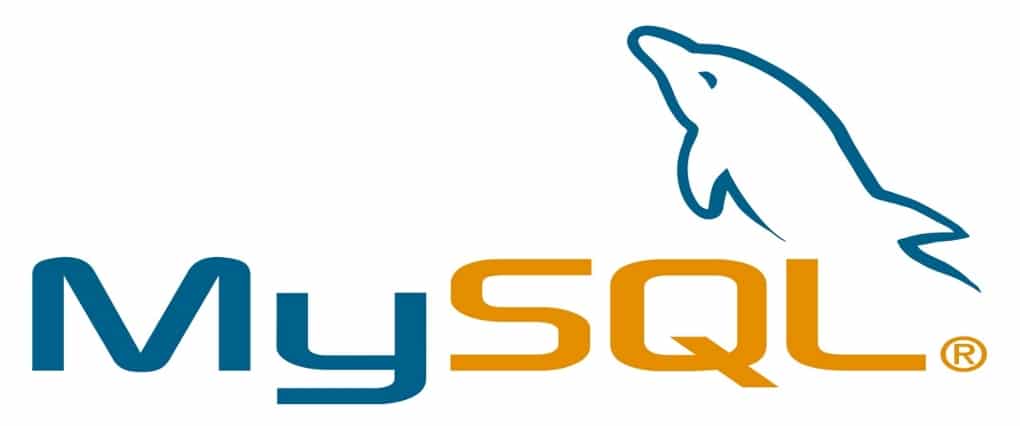Introduction:
MySQL is one of the most popular and widely used relational database management systems (RDBMS) in the world. It is renowned for its reliability, scalability, and ease of use, making it a top choice for developers and businesses alike. In this blog post, we will delve into the world of MySQL, exploring its key features, benefits, and practical applications in modern software development.
1. What is MySQL?
MySQL is an open-source RDBMS that is known for its robustness and versatility. It is widely used for managing structured data, making it ideal for applications that require efficient and organized data storage and retrieval. Developed by a community of contributors, MySQL offers a rich set of features and excellent performance, making it suitable for both small-scale projects and enterprise-level applications.
2. Key Features of MySQL:
- Relational Database Management: MySQL allows you to define relationships between different tables, enabling efficient organization and retrieval of data.
- Scalability: MySQL can handle large amounts of data and high traffic loads, making it suitable for applications with growing user bases.
- High Performance: MySQL is optimized for speed and can execute queries quickly, ensuring efficient data retrieval and processing.
- Data Security: MySQL provides robust security features, including user authentication, access control, and encryption, to protect sensitive data.
- Replication and High Availability: MySQL supports replication, allowing you to create copies of your database for backup and redundancy purposes, ensuring high availability of your data.
- Comprehensive Toolset: MySQL offers a wide range of tools and utilities for database administration, query optimization, and performance tuning.
3. Practical Applications of MySQL:
MySQL finds applications in various domains, including:
- Web Applications: MySQL is often used as the backend database for web applications, powering content management systems, e-commerce platforms, and social networking sites.
- Data Warehousing: MySQL's ability to handle large amounts of data makes it suitable for data warehousing and business intelligence applications.
- Online Forums and Bulletin Boards: Many popular online forums and bulletin board systems rely on MySQL for data storage and retrieval.
- Content Management Systems (CMS): CMS platforms like WordPress, Joomla, and Drupal utilize MySQL for storing website content, user data, and configuration settings.
- Analytics and Reporting: MySQL's robust querying capabilities make it suitable for data analysis and generating reports based on complex data sets.
4. Interfacing with MySQL:
MySQL provides several options for interfacing with the database:
- MySQL Command Line Client: The command line client allows you to interact with the database using SQL commands, making it useful for administration and scripting tasks.
- MySQL Workbench: MySQL Workbench is a graphical tool that provides a user-friendly interface for managing databases, designing schemas, and executing queries.
- Programming Language APIs: MySQL offers APIs for various programming languages like PHP, Python, Java, and .NET, allowing developers to interact with the database programmatically.
5. Best Practices for MySQL:
To make the most of MySQL, consider the following best practices:
- Normalize Your Data: Properly structure your database schema to avoid data redundancy and ensure efficient data storage.
- Optimize Queries: Write efficient queries and utilize indexing to improve query performance.
- Regularly Back Up Your Data: Implement a backup strategy to ensure data integrity and disaster recovery.
- Secure Your Database: Apply strong user authentication, access controls, and encryption mechanisms to protect sensitive data.
- Monitor Performance: Monitor database performance regularly, identify bottlenecks, and optimize query execution for improved efficiency.
Conclusion:
MySQL stands as a reliable and feature-rich RDBMS that powers countless applications worldwide. Its robustness, scalability, and ease of use make it a go-to choice for developers across various domains. By harnessing the power of MySQL, you can effectively manage your data, build efficient applications, and ensure data integrity and security. Embrace the versatility of MySQL and unlock its potential to drive the success of your software projects.
